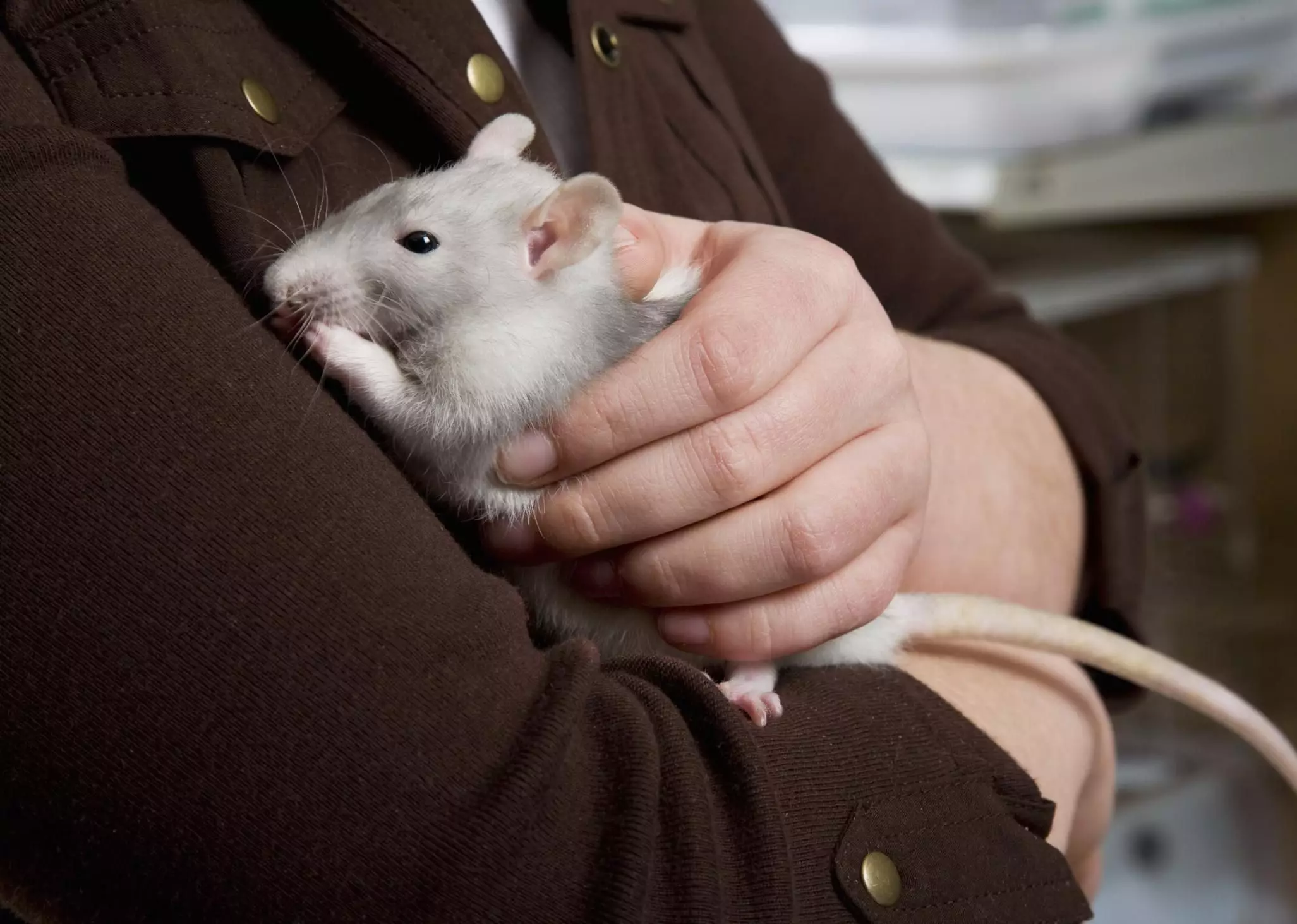Rats are often misunderstood creatures, overshadowed by their reputation as pests. However, they possess remarkable intelligence and a gentle disposition, making them delightful companions in households. Pet rats can provide a fascinating insight into animal behavior, proving to be affectionate and engaging pets for families and individuals alike. Their desire for companionship, both from humans and fellow rats, ensures that they thrive in social environments. This article delves into the specifics of caring for pet rats and what you should consider before adding them to your family.
In the realm of small pets, the most common species is the domestic rat, scientifically designated as *Rattus rattus*. Generally, rats range in size from 14 to 18 inches when including their tail, and they typically weigh between half a pound to a pound and a half. Their average lifespan is approximately 2 to 3 years, which underscores the importance of providing them with a loving and enriched environment during their shorter lives compared to many other pets.
Among their many traits, rats are incredibly social creatures that possess the ability to recognize their owners, often expressing excitement upon greeting them. This bond requires time and dedication from their human companions, as daily interaction is crucial for their emotional well-being.
Setting up a suitable living space for your pet rats is key to their health and happiness. A well-designed cage is essential; it should be spacious enough for the rats to explore, with dimensions being at least 2 feet by 2 feet by 2 feet for a pair. Multi-level cages that encourage climbing and exploration are highly beneficial, as rats are naturally curious and active.
The principles of temperature stability and cleanliness also play significant roles. Maintaining an environment between 60 and 80 degrees Fahrenheit, away from drafts and direct sunlight, is optimal. Bedding should consist of safe materials like aspen or paper pellets, as cedar and pine can be harmful to their health. Regular cleaning and providing chew toys can help mitigate issues like overgrown teeth, a common concern for pet rats.
Inadequate nutrition poses serious health risks for rats. Opt for high-quality pelleted or block diets available in pet stores to serve as their primary food source. Fresh vegetables, fruits, grains, and occasional proteins can complement their diet, ensuring they receive the right nutrients. It is crucial to monitor the food portions and remove uneaten food promptly to maintain food safety.
Regular health check-ups with a veterinarian are also advisable, as rats can be prone to various health issues such as tumors, parasites, and respiratory diseases. A veterinary professional can guide proper dietary choices and detect any early signs of health problems.
One of the fascinating aspects of owning pet rats is their social nature. They flourish in pairs or small groups, forging strong bonds with each other and their humans. When introducing new companions, it’s important to consider their gender; male rats may display territorial behaviors, while females are generally more compatible.
Training your rats can also enhance their interaction with humans. Although they are not innately inclined to bathroom training, it is feasible to help them associate specific areas with their bathroom needs. Place a small litter box in their favored spot and be consistent in changing the litter daily.
Another aspect of training is familiarizing them with gentle handling. Using treats can entice rats to engage with human hands, allowing for a comfortable bonding experience. Once they become accustomed to this attention, many will enjoy exploring their owner’s shoulders or laps.
Rats possess bursts of energy and require daily exercise to stay healthy. Their natural affection for climbing and exploration translates well into providing them with rich environments filled with ropes, hammocks, and tunnels. Exercise wheels can be introduced as long as they have a solid surface for safety.
To prevent boredom, it is essential to regularly rotate their toys and provide stimulating activities. Simple items from your home, such as cardboard tubes or paper bags, can present excellent sources of entertainment. The mental stimulation garnered from these activities is just as vital as physical exercise.
Owning a pet rat is relatively cost-effective compared to larger animals. On average, you can expect to spend about $20 to $40 monthly on necessities such as food and bedding. However, unexpected veterinary expenses should be accounted for, particularly in case of health emergencies.
What makes pet rats worthwhile companions is their engaging personalities, unique behaviors, and the deep bonds they form with their owners. Although their lifespan is limited, the experience of caring for and connecting with these clever animals can be profoundly rewarding.
Pet rats can make exceptional companions if given the right care and attention. Their social nature and intelligence demand commitment, yet the joy they bring to a household is unparalleled. If you are considering welcoming rats into your home, be prepared for a delightful journey of companionship and learning.

